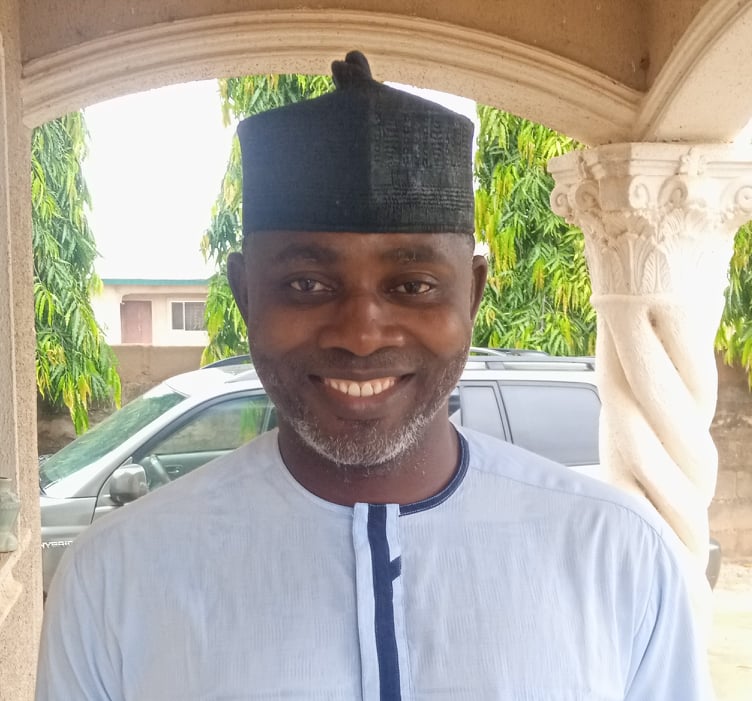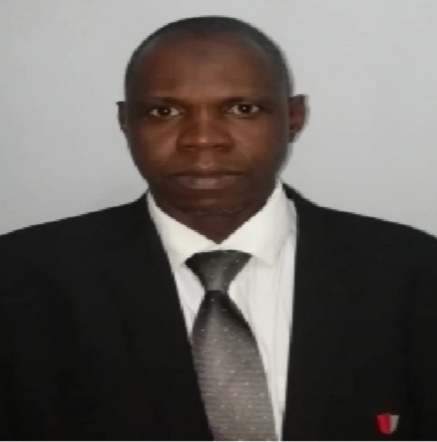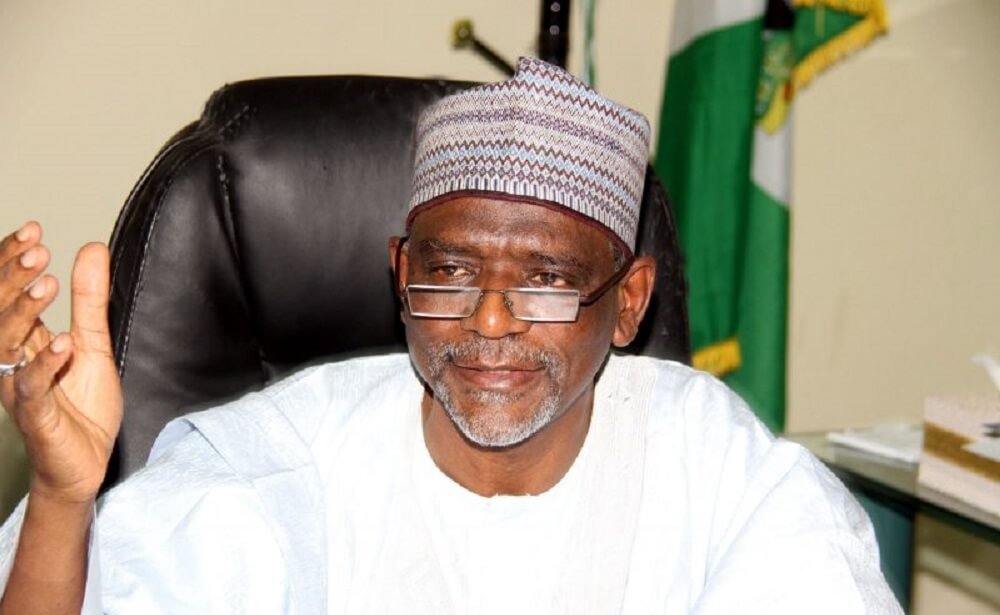Academic dream: My research, my citations, my h-index, and the “true impact”
By Prof. Abdelghaffar Amoka Colleagues have been sharing their experiences as academics in Nigerian universities with several reactions. The essence is not to discourage people from going into academia but…








